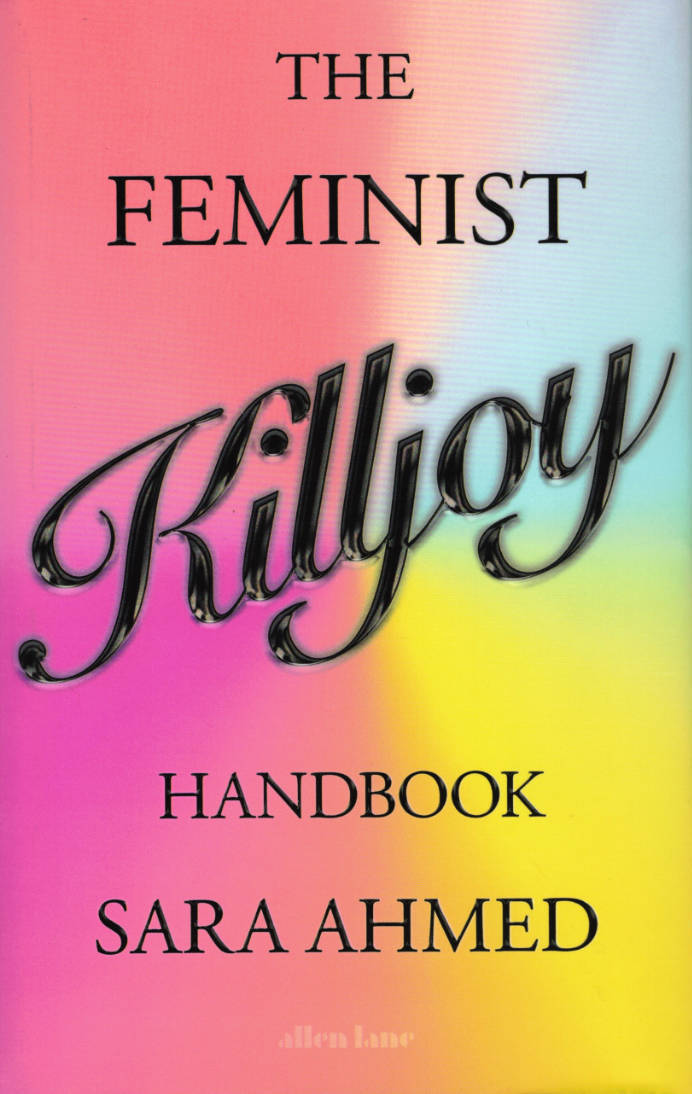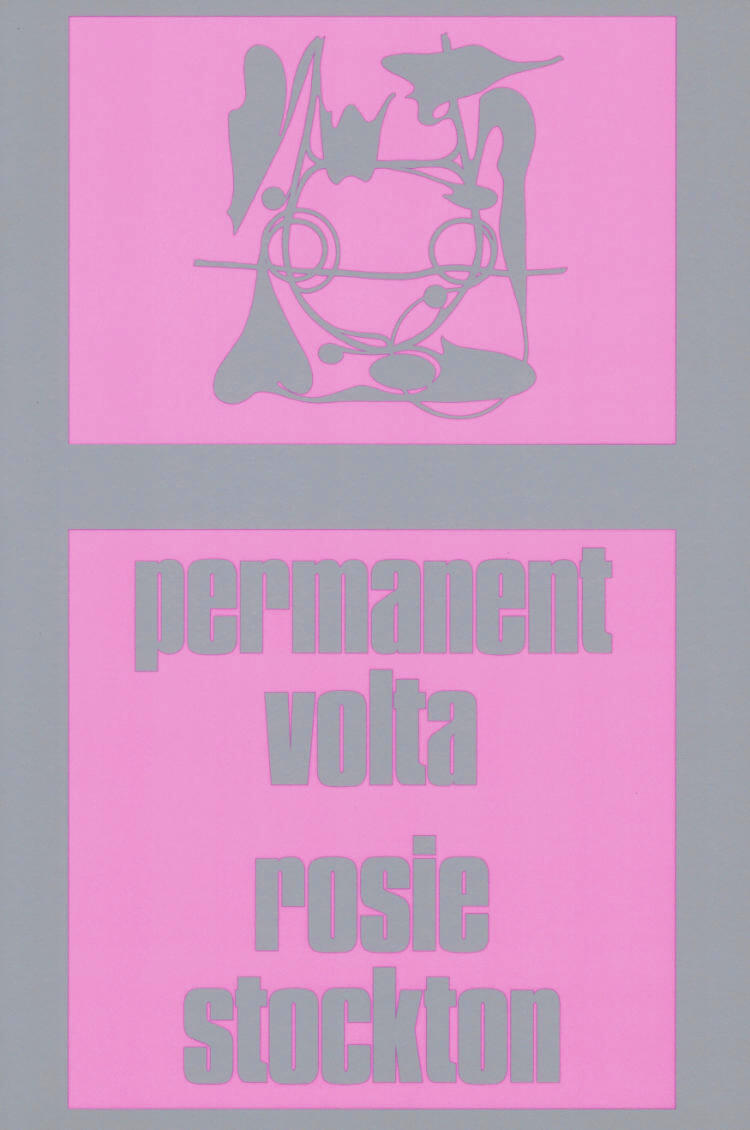
The Feminist Killjoy Handbook
Drawing on her own stories and those of others, especially Black and brown feminists and queer thinkers, Sara Ahmed combines depth of thought with honesty and intimacy. The Feminist Killjoy Handbook unpicks the lies our culture tells us and provides a form of solidarity and companionship that can be returned to over a lifetime.
We have to keep saying it because they keep doing it.
Do colleagues roll their eyes in a meeting when you use words like sexism or racism? Do you refuse to laugh at jokes that aren't funny? Have you been called divisive for pointing out a division? Then you are a feminist killjoy, and this handbook is for you.
The term killjoy has been used to dismiss feminism by claiming that it causes misery. But by naming ourselves feminist killjoys, we recover a feminist history, turning it into a source of strength as well as an inspiration.







